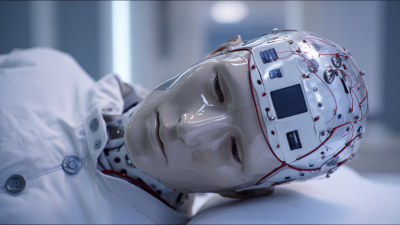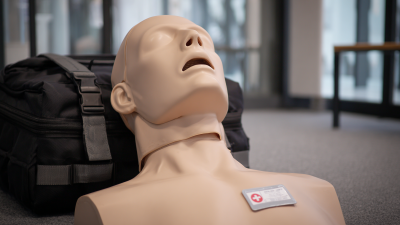In recent years, the integration of technology into healthcare has undergone a remarkable transformation, with VR training in healthcare emerging as a pivotal component of this evolution. According to a report by Allied Market Research, the global virtual reality in healthcare market is projected to reach $3.8 billion by 2026, growing at a CAGR of 32.3% from 2019 to 2026. This growth reflects the increasing recognition of VR's potential to enhance medical training and patient care. By simulating real-life clinical scenarios, VR training allows healthcare professionals to gain hands-on experience without the risk associated with traditional methods. Furthermore, studies indicate that immersive VR environments can significantly improve knowledge retention and skill acquisition, with some research showing that learners retain up to 75% of what they practice in a VR setting compared to 10% through traditional lectures. As technology continues to advance, the future of VR training in healthcare promises not only to improve the efficacy of medical education but also to revolutionize the overall quality of patient care.
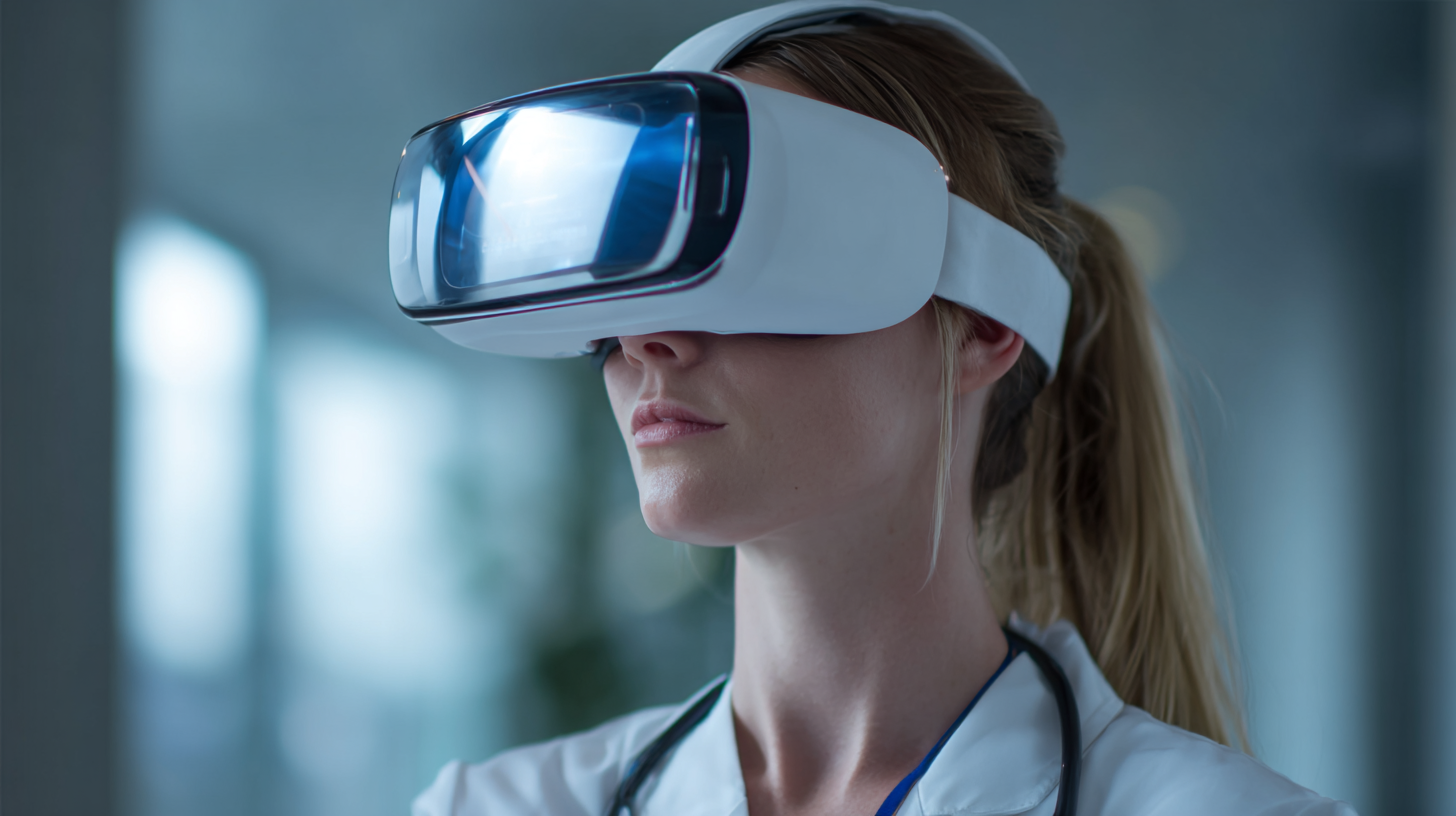
Virtual Reality (VR) training has emerged as a revolutionary tool in enhancing surgical skills and improving patient outcomes. By immersing medical professionals in realistic, simulated environments, VR provides a safe space for surgeons to hone their techniques without the risks associated with live procedures. Through repeated practice in a controlled setting, surgeons can develop their skills, leading to greater confidence and precision during actual surgeries.
Furthermore, VR training allows for the detailed visualization of complex procedures, enabling practitioners to understand intricate anatomical structures better and anticipate potential complications. This type of immersive learning not only facilitates knowledge retention but also fosters collaborative practices among surgical teams, as they can engage in simulated surgeries together. As healthcare environments increasingly recognize the value of these advanced training methodologies, VR is set to play a pivotal role in shaping the future of surgical education and ultimately enhancing patient care.
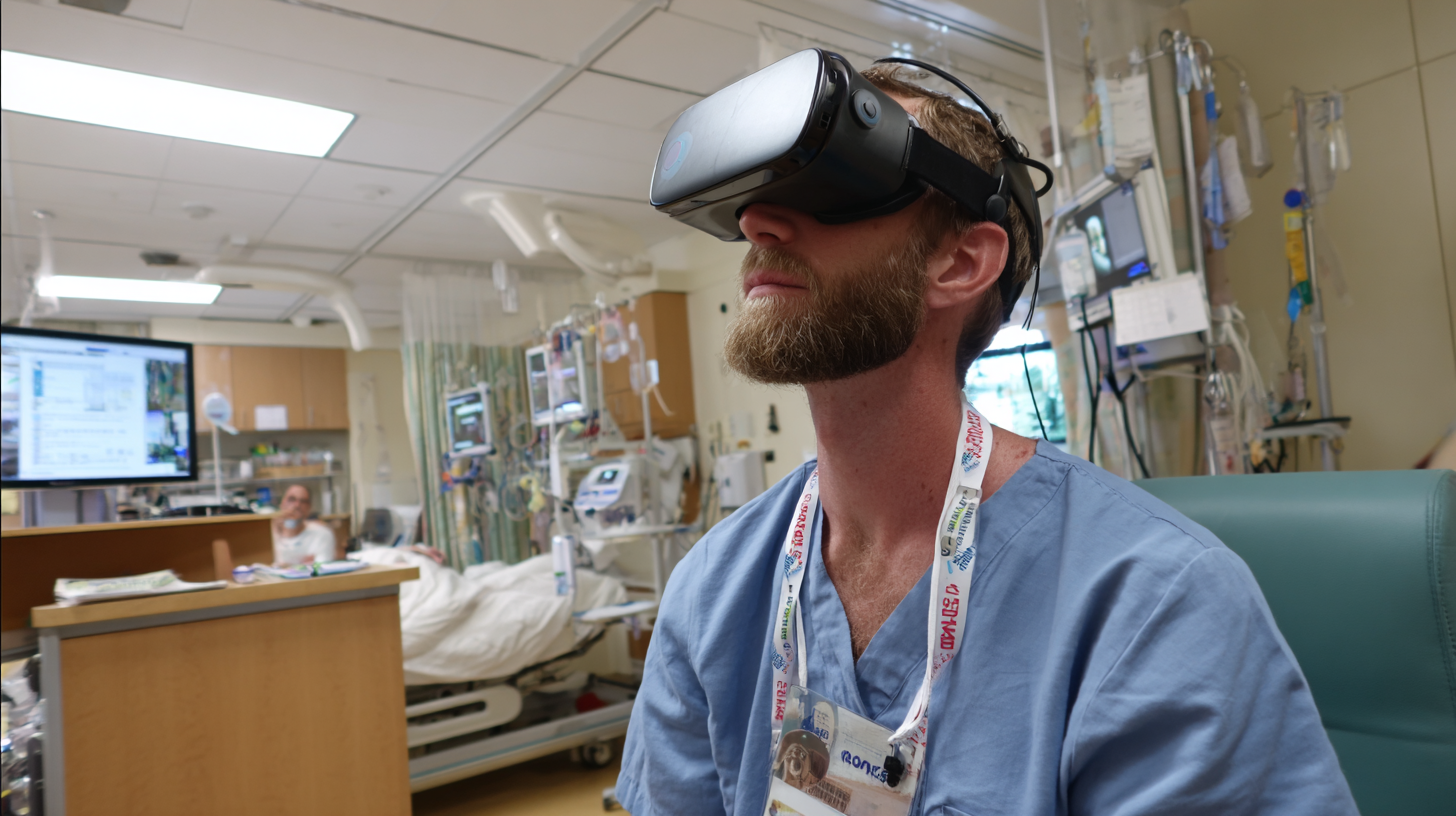
Virtual reality (VR) training has revolutionized the healthcare sector by significantly enhancing educational methodologies. Research indicates that VR training reduces errors among healthcare professionals by up to 45%. This remarkable decrease can be attributed to the immersive experiences that VR provides, allowing trainees to engage with realistic scenarios in a controlled environment. With VR, practitioners can practice complex procedures repeatedly without the risk of harming real patients, leading to a more nuanced understanding of their skills and responsibilities.
Moreover, studies show that VR training can improve knowledge retention rates by approximately 75%. The hands-on experience gained through VR scenarios reinforces learning in a way that traditional methods often cannot achieve. This is particularly crucial in fields like surgery, where precision and memory are paramount for successful outcomes. As the technology continues to improve and become more integrated into healthcare education, the potential for VR to enhance the quality of patient care by fostering better-trained professionals is immense.
Virtual Reality (VR) training is revolutionizing the way healthcare workers prepare for their critical roles in patient care. By immersing healthcare professionals in lifelike scenarios, VR training enhances their skills and knowledge while ensuring patient safety and comfort. This innovative approach allows workers to practice complex procedures in a controlled environment, significantly reducing the margin for error when they interact with real patients.
Moreover, VR training focuses not only on technical skills but also on improving communication and empathy among healthcare providers. Trainees can experience diverse patient interactions and understand the emotional and psychological aspects of care, promoting a holistic understanding of patient needs. By prioritizing comfort and safety through immersive training, healthcare workers are better equipped to face the challenges of high-stakes environments, ultimately leading to improved patient outcomes and satisfaction.
This chart illustrates the impact of VR training on key patient safety and comfort metrics across healthcare environments. The data reflects survey responses from healthcare workers regarding their preparedness to handle various patient care scenarios after undergoing VR simulations.
The integration of Virtual Reality (VR) training in medical education presents a compelling cost-benefit scenario, particularly within resource-limited settings. Studies indicate that VR can enhance learning outcomes through immersive and interactive experiences. For instance, a systematic review highlighted that the effectiveness of VR training in nursing and medical education matches traditional methods, while offering the advantage of flexibility and repeated practice without risk to real patients. This could lower overall training costs by reducing the need for physical resources and decreasing time away from clinical duties.
Moreover, the scalability of VR technology allows institutions to train more healthcare professionals simultaneously, making it a cost-effective solution. Reports suggest that by implementing VR-based training programs, medical emergency responders improved their skills significantly compared to conventional training methods. Additionally, a recent innovation in VR platforms incorporates AI-driven haptics, making training not only engaging but also more effective, thereby offering a promising alternative for comprehensive medical training in less affluent regions. As the demand for trained healthcare personnel continues to rise, the adoption of AR/VR technologies could represent a transformative step forward in medical education.
The integration of Virtual Reality (VR) technology in healthcare training is revolutionizing how medical professionals are prepared for real-world scenarios. As VR systems become more sophisticated, they enable immersive training environments where healthcare providers can practice procedures, manage patient interactions, and make critical decisions in a risk-free setting. Future trends show an emphasis on the development of realistic medical simulations, which not only train technical skills but also enhance empathy and communication, crucial components in patient care.
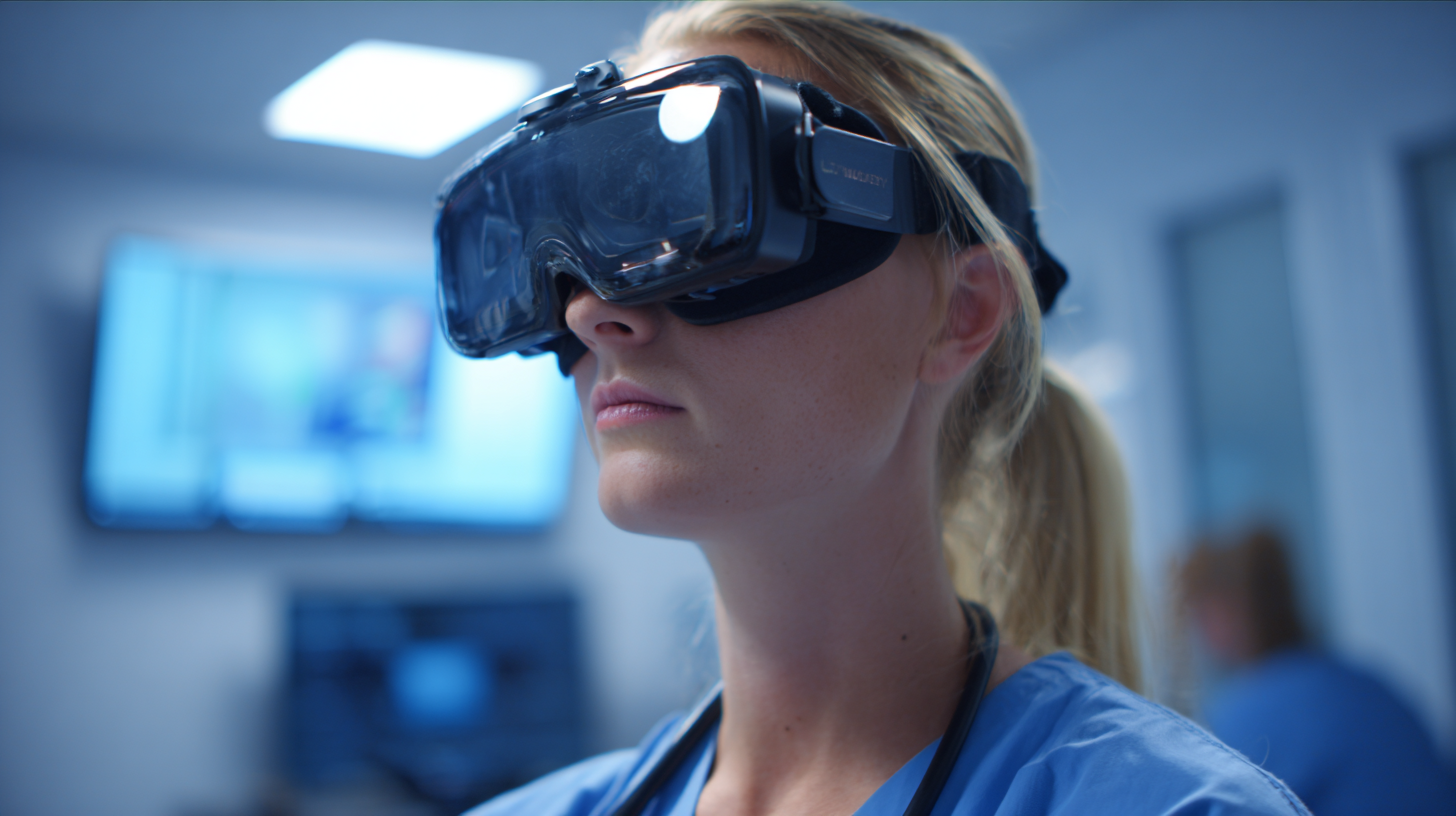
One key innovation in VR technology is the use of artificial intelligence to create adaptive training simulations. These systems can respond to a learner's actions in real-time, offering personalized feedback and adjusting difficulty levels to fit individual needs. Additionally, advancements in haptic feedback technology allow trainees to experience realistic sensations during procedures, providing a deeper understanding of both the physical and emotional aspects of patient care. As these innovative approaches continue to evolve, we can expect VR training to become an invaluable tool for medical professionals, ultimately leading to safer and more effective patient care.

